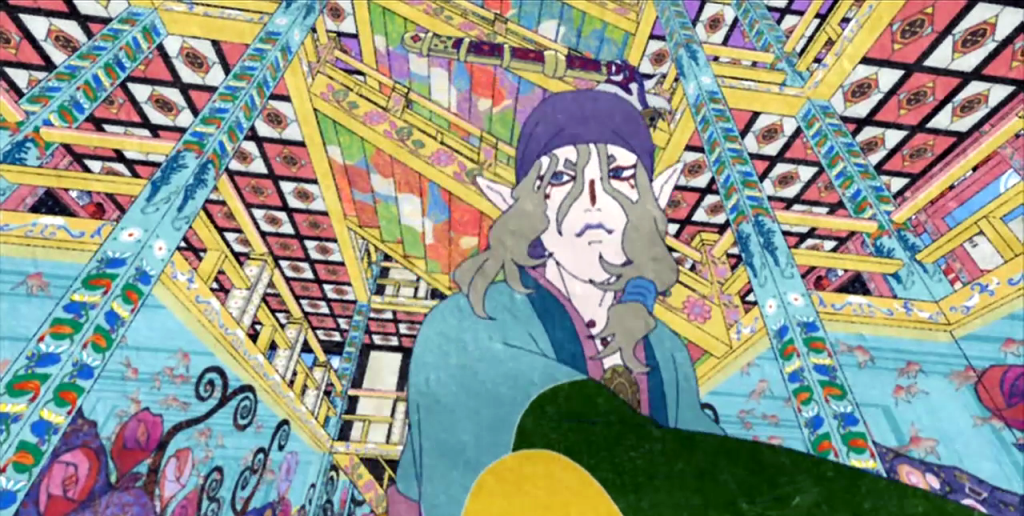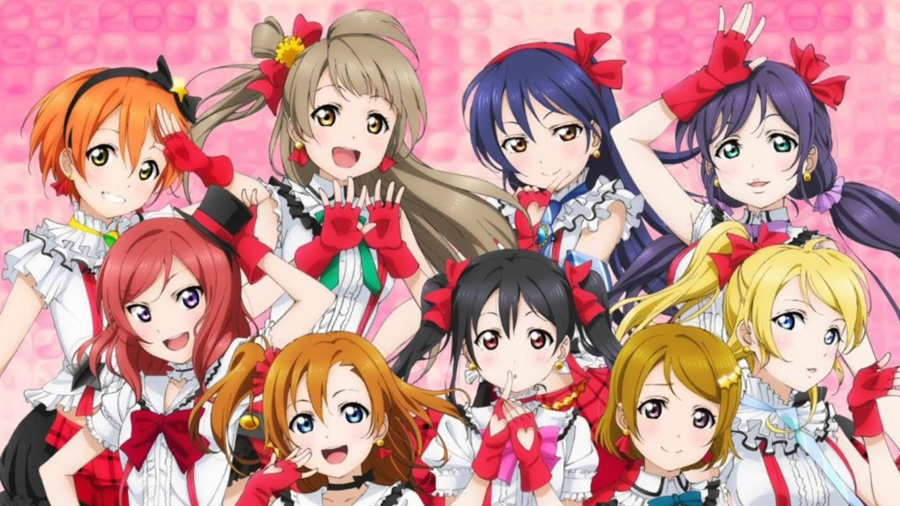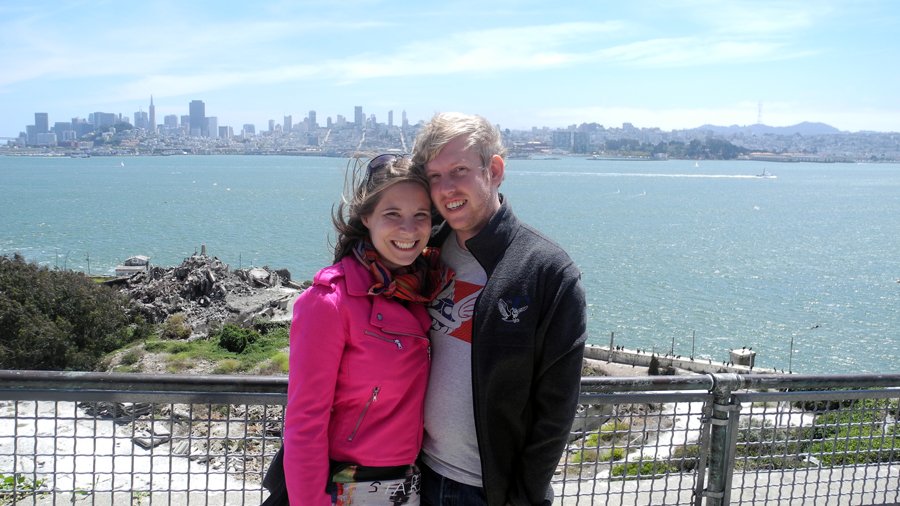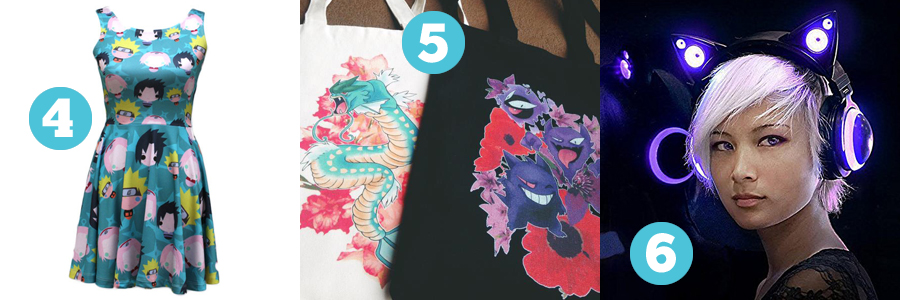
Welcome to the first Otaku Links of 2016. To be honest, this has been a rough start for me, perhaps because I took a blogging hiatus and got used to putting my energy elsewhere. I’m writing my book, building a new affiliate site, trying to make bento boxes for John and I (that are not even CLOSE to as cute as this photo), and even attempting to launch a t-shirt line, all while balancing my new web developer job with the stuff I usually do. Don’t worry about me, as I still had time to browse for links:
- Five Ways To Be A Happier Anime Fan In 2016 (And To Make Your Friends Happier Too). Sometimes I confuse sarcastic put-downs” with humor so I needed this reminder from Chris.
- MyAnimeList score progressions for 2015, charted. Another lesson in positivity. Look how quick we are to put down shows that later get really high scores!
- My journalism mentor Susannah Breslin is blogging about freelance writing every day in 2016 and the resulting posts have been inspiring. This one is getting me pumped to write while I’m in Japan.
- It’s not too late to join Chic Pixel’s January 2016 Dating Sim Game-along! It’s the perfect time to finally check out Hatoful Boyfriend…
- For black boys who considered anime when the nightly news was way too much. This thoughtful article doubles as an outsider’s first foray into anime, in this instance, Naruto.
- There’s a brand new Organization Anti-Social Geniuses and it looks great. The redesign really shows the depth and scope that Justin and the team manage to cover.
Photo by Claudia De La Rosa.












